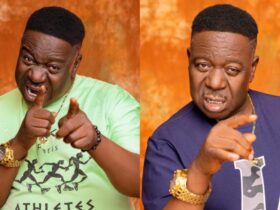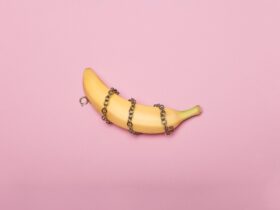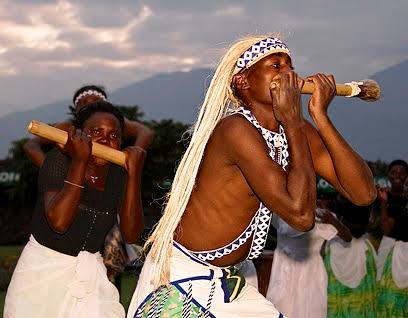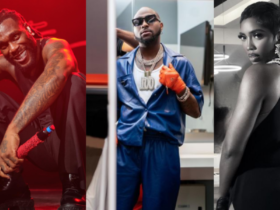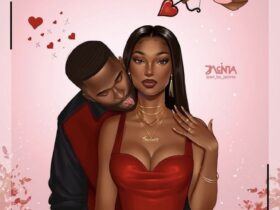Entertainment is given high importance in Africa as Africans believe that if a man works hard, he should have time for enjoyment as well. They derive joy from different entertaining activities like games, movies, and most especially, music. Different music styles have evolved throughout the years in Africa, from Highlife to Fuji to Afrobeat, everyone has his/her own choice of music. Here are 7 African music styles typical among Nigerians.
1. Fuji
The name Fuji was an idea of the now-deceased founder of this genre of music, Alhaji Sikiru Ayinde Barrister. He named it after the highest mountain in Japan, Mount Fuji. Fuji is a popular Nigerian musical genre that started due to Ajisari – a kind of song performed to wake Muslims up before dawn during the Ramadan season. Musical instruments like the Tambourine drum, Sakara, and Hawaiian guitar are used to accompany the song. There are many Fuji musicians in Nigeria Like Wasiu Ayinde, Pasuma, Malaika, Kolington Ayinla, Barrister, and Osupa.
2. Juju
Juju is a music genre primarily performed by musicians from the Southwest of Nigeria. It’s derived from Yoruba percussion. It was popularly performed in urban clubs in Nigeria around the late 1920s. Tunde King was the founder and creator of Juju. Instruments like an electric guitar, accordion, and talking drum were introduced into Juju by I.K. Dairo and the Morning Star band and it made him the most popular star of African music in the late 1960s. Juju musicians include King Sunny Ade and Chief Ebenezer Obey.
3. Highlife
Highlife originated in Ghana in the 20th century. It’s distinguished by jazzy horns and multiple guitars which led the band. Highlife became famous among the Igbo people of Nigeria in the early 50s. The first Nigerian highlife band with fans across the country was Bobby Benson and his combo band. Highlife ceased to exist after the 1960 civil war and the Igbo were forced back to their homeland. Still, it gradually started again with performers like Tunde Nightingale, Orlando Owoh, Kayode Fashola, and the like.
4. Makossa
Makossa makes use of strong electric bass rhythms and prominent brass. It originated in Cameroon. It was influenced by Latin music with the combination of highlife and Jazz. Makossa which means dance was popular across the world in the 1980s.
5. Afrobeat
Afrobeat is a combination of Yoruba music, highlife, funk, and Jazz. It was named by Fela Anikulapo kuti who was the creator. He used his song to criticize the political and societal structure. Afrobeat later took in new influences from Rock and Roll and Jazz. Lagbaja and Femi Kuti were pioneers and bearers of the new wave of Afrobeat. It was popular throughout the country from the 1990s till date.
6. Rhythms and blues
Also known as RnB is a genre of African-American music that originated in the 1940s. The term has subsequently had a number of shifts in meaning. In the early 1950s, the terms rhythms and blues were frequently applied to blues records. After this style of music contributed to the development of Rock and Roll, the term RnB became used to refer to music styles that developed from incorporated electric blues as well as gospel and soul music. RnB was referred to as Contemporary RnB in the 1980s.
7. Pop
Pop is an abbreviation for the word “Popular”, it originated in the 1950s deriving from Rock and roll. It draws upon folk music. Over the years, it changes its name. Currently, it is popularly known as hip-hop. Examples of contemporary hip-hop artists in Nigeria are Olamide, Wizkid, Davido, and so on.
Also Read: Rate The Songs On ‘Mr. Money With The Vibe’ Album And We’ll Rate Your Taste In Music

